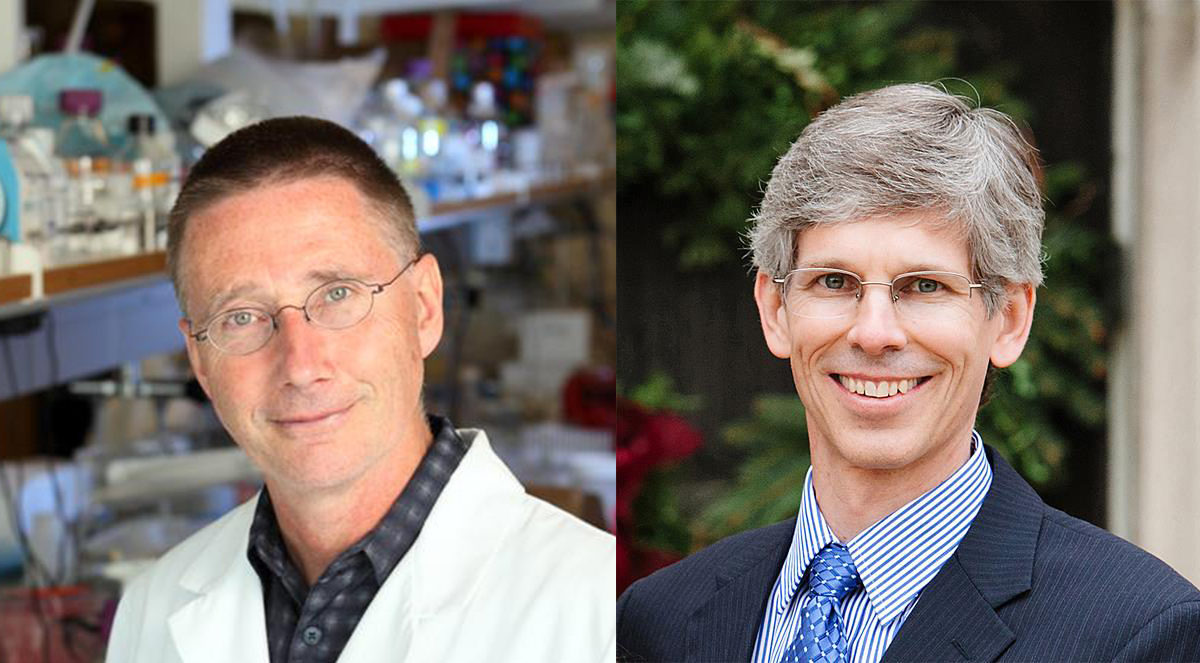
One in 10 people is affected by chronic kidney disease worldwide. On March 9, 2017, World Kidney Day shines a spotlight on the importance of kidneys and ways to reduce the impact of kidney disease. USC’s Andy McMahon and Ken Hallows discuss some of the top issues in kidney health.
Andy McMahon, director of the Eli and Edythe Broad Center for Regenerative Medicine and Stem Cell Research at USC: “Each year, there are only 18,000 kidneys available for transplant—and more than 400,000 patients who need them. As a first step toward building new kidney structures, my lab is using stem cells to try to generate human nephrons, the functional units of the kidney. Since each kidney contains 1 million nephrons, building a kidney will require the expertise and inspiration of large teams of stem cell biologists, biomedical engineers and clinicians over the course of many years. We are also exploring how damage is repaired in the kidney—the implicated cell types and limits to normal repair processes. Improvements in this realm could provide an avenue to restoring function within a failing kidney. Through research and collaboration, we will advance our goal of providing new therapeutic opportunities for the kidney patient.”
Ken Hallows, director of the USC/UKRO Kidney Research Center: “Many Americans know that obesity can lead to high blood pressure, type 2 diabetes, and high cholesterol. What they may not know is that obesity is also a significant risk factor for developing kidney disease. When a person is obese, their kidneys have to filter more blood, which makes the kidneys work harder. When the kidneys have to work harder, they are at risk of developing chronic kidney disease over time. This year, World Kidney Day is raising awareness about how obesity affects kidney health, and for good reason—obesity is a risk factor that we have the power to control. Reducing excess weight can reduce the risk of kidney disease.”
McMahon, Hallows, and their fellow USC scientists are also putting their feet to the task as part of the UKRO Los Angeles Marathon Charity Relay Team. They’ll be running the Los Angeles Marathon on Sunday, March 19, to fund young investigators researching kidney injury and repair, and to translate discoveries to new treatments.
